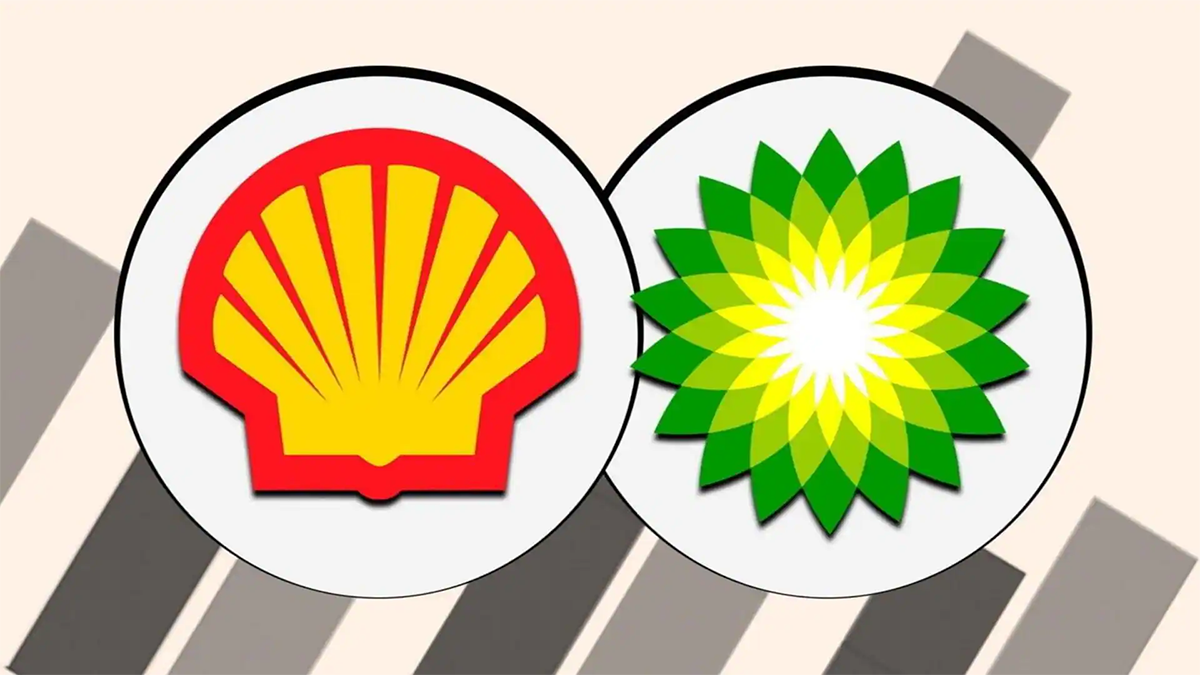28/06/2025
28/06/2025


Meanwhile, BP is struggling to keep pace with its peers and has been divesting parts of its core business, such as Castrol lubricants. BP may have made a critical error by moving too quickly away from oil and gas towards alternative energy sources like wind and solar, aiming to lead the energy transition. This shift left the company lagging and weakened, making it vulnerable to acquisition. Over the past 12 months, BP’s share price has dropped by 22 percent. At its peak, BP was so powerful it could influence governments and interfere in domestic politics in some parts of the world. Today, all of that is history, as BP is now searching for potential buyers. Shell is a British multinational oil and gas company listed on the London Stock Exchange, making it a good fit to acquire BP due to their similar cultures. The main difference is that Shell started as an oil trading company, while BP, through the British Empire, acquired oil and gas fields in some of the richest hydrocarbon countries in the world, including the Arabian Gulf, starting in Bahrain, Iran, Iraq, and Kuwait.

Interestingly, BP chose not to invest in Kuwait, claiming it already had too much oil under its control. Shell, however, has stated it has no intention of making a takeover offer for BP and has denied claims of being in active merger talks. It may be taking its time to decide, possibly waiting for other companies to submit bids before evaluating its own offer. Given the similarities and synergies in place, Shell is well-positioned to make an offer. If the acquisition is completed, Shell would become the largest oil company, surpassing ExxonMobil and Chevron. BP’s current market value is estimated at around $80–83 billion, while Shell is valued at approximately $200 billion, nearly three times BP’s worth.
How far and for how long the talks or speculation surrounding a potential BP takeover will continue remains uncertain. The ongoing rumors are creating volatility and may further weaken BP’s position, potentially contributing to a decline in its market value. Other oil giants, such as the Abu Dhabi National Oil Company (ADNOC), are reportedly exploring the possibility of acquiring parts of BP. However, ADNOC appears more interested in acquiring specific segments of the company rather than taking over BP as a whole. BP, as a global energy giant, does not align entirely with ADNOC’s structure.
It is significantly larger, with a wide array of operations and an expansive international footprint, which would make full acquisition and management a difficult task. In a few days, we may learn the outcome of these discussions and whether Shell intends to move forward with a takeover. BP appears poised for acquisition, but it needs the right partner, one capable of unlocking the full benefits of potential synergies. Undoubtedly, Shell is the most prepared and best positioned to take over. For other international oil companies, acquiring and managing one of the historic “Seven Sisters” would be a significant challenge. Shell, on the other hand, seems to be taking its time to determine the right price before making a move to acquire its longtime peer and competitor.
By Kamel Al-Harami
Independent Oil Analyst
Email: [email protected]


